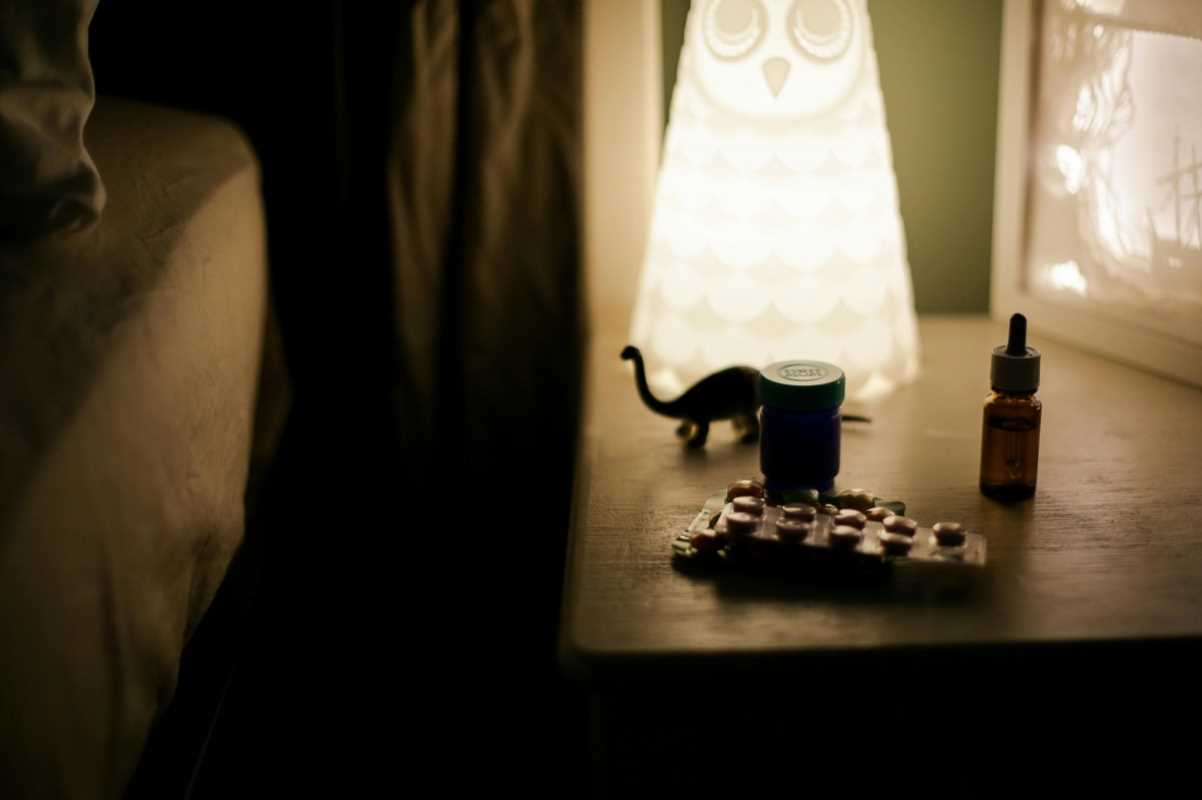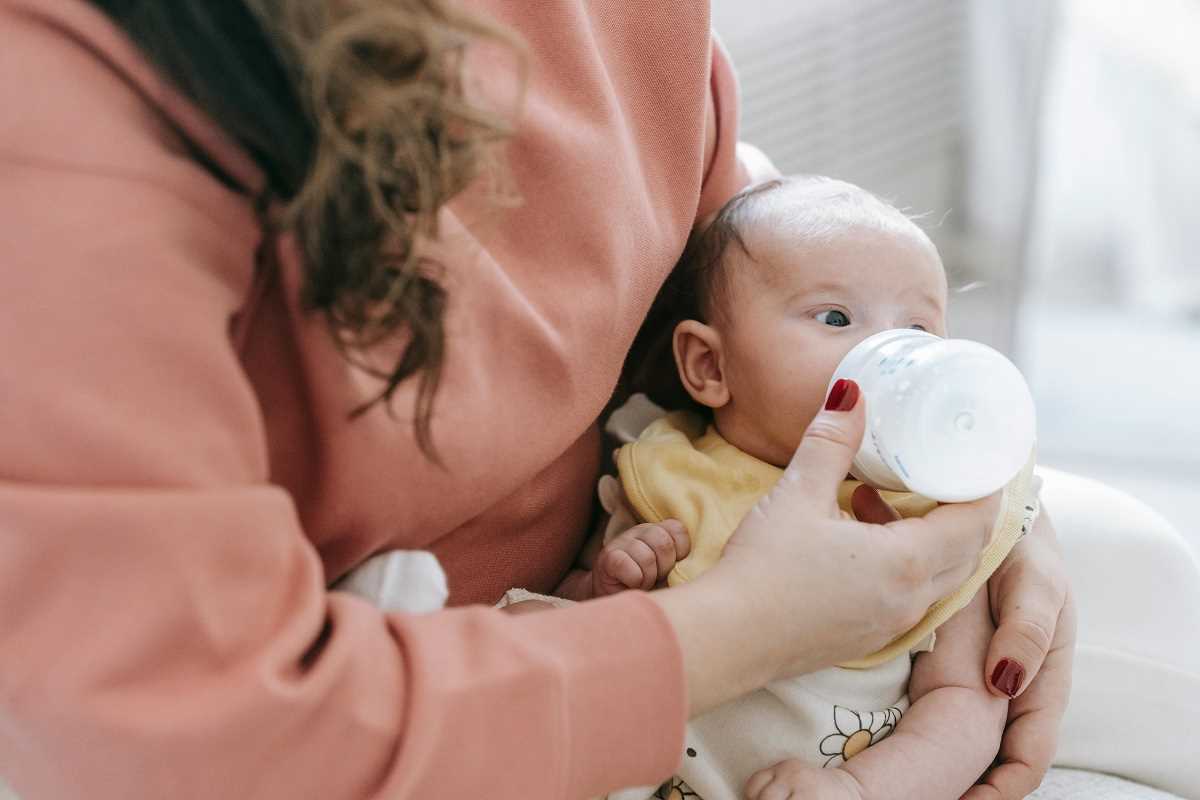Pregnancy is an exciting time, but it can also come with its fair share of challenges, including managing aches, pains, or pre-existing health issues. While medications can help address discomfort or illnesses, some can pose risks to you or your baby during pregnancy. Knowing which ones to avoid is key, but always remember to consult your doctor before starting or stopping any medication. To get you started, here’s a breakdown of seven common medications that aren’t considered safe during pregnancy, along with safer alternatives or steps you can take.
1. Ibuprofen and Other NSAIDs
Non-steroidal anti-inflammatory drugs (NSAIDs) like ibuprofen (Advil, Motrin) are go-tos for headaches, muscle pain, or even period cramps—but during pregnancy, it’s best to leave them on the shelf. Studies suggest they can increase the risk of miscarriage early on and potentially lead to complications for your baby, especially in the third trimester, like low amniotic fluid or premature closure of the ductus arteriosus (a vital blood vessel in the baby’s heart).
What’s Safer?
Acetaminophen (Tylenol) is generally considered safer for managing pain or fever during pregnancy. However, it’s still a good idea to check with your healthcare provider before taking it regularly.
2. Aspirin
Aspirin may seem harmless since it’s often used for mild aches, pain, or even preventing heart problems, but it’s generally not recommended for pregnant individuals unless specifically prescribed. High doses of aspirin can cause complications like bleeding issues for both mother and baby, particularly during the final trimester.
What’s Safer?
For those with certain medical conditions, such as preeclampsia risk, your doctor may actually prescribe a low-dose aspirin regimen. The key here is to only take it under your doctor’s supervision if it’s absolutely necessary.
3. ACE Inhibitors (Blood Pressure Medications)
If you take medication to manage high blood pressure, be extra cautious. ACE inhibitors (like lisinopril or enalapril) are commonly used, but they can cause serious issues for your baby, such as slowed growth, kidney problems, or even developmental issues, especially when taken during the second or third trimester.
What’s Safer?
There are other blood pressure medications, like labetalol or nifedipine, that have a better safety profile during pregnancy. Work closely with your doctor to switch to safer options if you’re managing hypertension.
4. Isotretinoin (Accutane)
If you’re battling stubborn acne, isotretinoin might seem like a miracle worker—but during pregnancy, it’s a no-go. This powerful medication is known to cause severe birth defects, from physical abnormalities to cognitive and developmental issues. Even taking it before pregnancy can be risky, as the drug stays in your system for some time.
What’s Safer?
Switching to pregnancy-safe skincare can help. Stick with products like glycolic acid or azelaic acid, which are suitable alternatives for managing acne. And as always, consult a dermatologist who can guide you through safer options tailored to your skin’s needs.
5. Certain Antidepressants
Mental health is incredibly important, and many people rely on antidepressants for support. While some antidepressants are considered safer during pregnancy, others, like SSRIs (selective serotonin reuptake inhibitors) such as fluoxetine (Prozac) or paroxetine (Paxil), can pose risks. These may include premature birth, low birth weight, or persistent pulmonary hypertension in newborns.
What’s Safer?
Don’t stop your medication abruptly—that can worsen symptoms and stress. Instead, talk to your doctor about switching to options with a lower risk profile, such as sertraline (Zoloft), which is often considered safer for use during pregnancy.
6. Decongestants
Fighting a cold while pregnant can be miserable, especially when nasal congestion hits. Over-the-counter decongestants like pseudoephedrine (Sudafed) and phenylephrine might seem harmless, but they’re not always safe during pregnancy, especially in the first trimester. These medications can restrict blood flow to the placenta, posing potential risks for your baby.
What’s Safer?
Saline nasal sprays, a humidifier, or simply inhaling steam can provide relief without the risks. If your symptoms persist, speak to your doctor about what you can safely take.
7. Sleep Aids (Certain Prescription and OTC)
Getting good sleep during pregnancy can feel like a luxury. But reaching for certain over-the-counter sleep aids or prescription medications, like benzodiazepines (used for anxiety or sleep disorders), isn’t ideal. These medications can potentially cause problems like low birth weight, withdrawal symptoms in the baby, or even breathing difficulties after birth.
What’s Safer?
Try natural solutions first, such as practicing good sleep hygiene, using pregnancy-safe teas (like chamomile, with your doctor’s approval), or experimenting with meditation apps designed for better sleep. If medication is necessary, discuss pregnancy-safe options with your doctor.
A Note on Natural Remedies
While it might feel safer to turn to herbal or natural remedies instead of medications, keep in mind that "natural" doesn’t always mean "safe." Many herbal products aren’t well-studied for use during pregnancy and could be harmful. It’s best to clear anything—even supplements or teas—with your doctor first.
Why Consulting Your Doctor is Key
Pregnancy is a unique experience, and what works for one person might not work for another. While it’s tempting to act on what you read or hear online, your doctor knows your health history and can give you advice tailored to your specific needs. They can help weigh the risks and benefits of any medication, ensuring the safety of both you and your baby.
Keeping open communication with your healthcare provider is the best way to feel confident in your choices and avoid unnecessary risks.
 (Image via
(Image via





